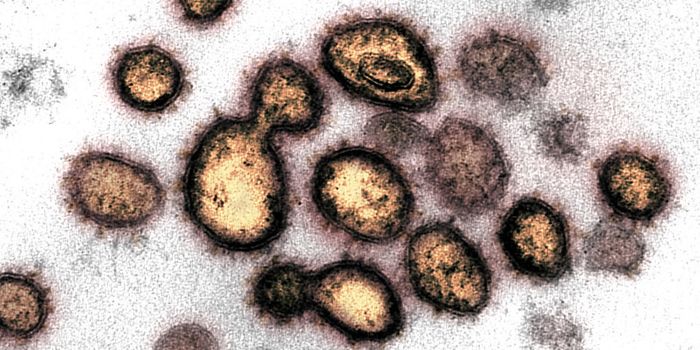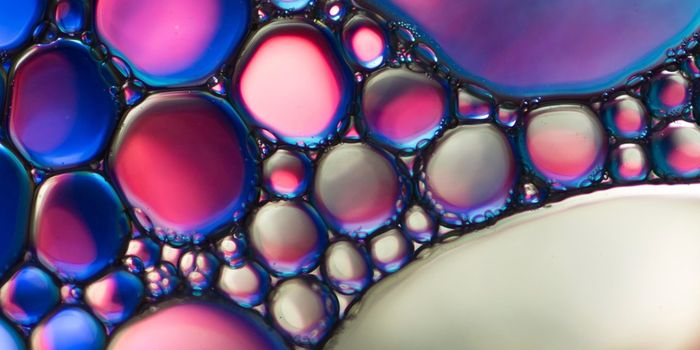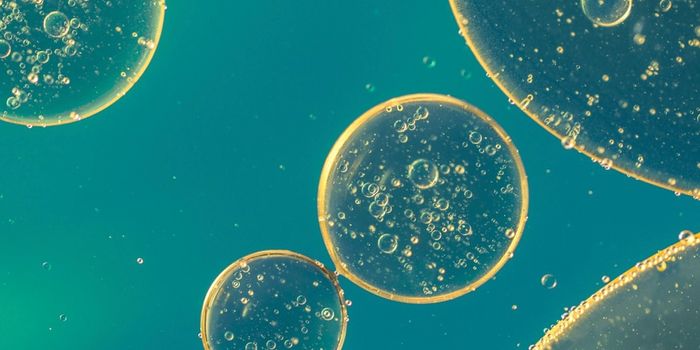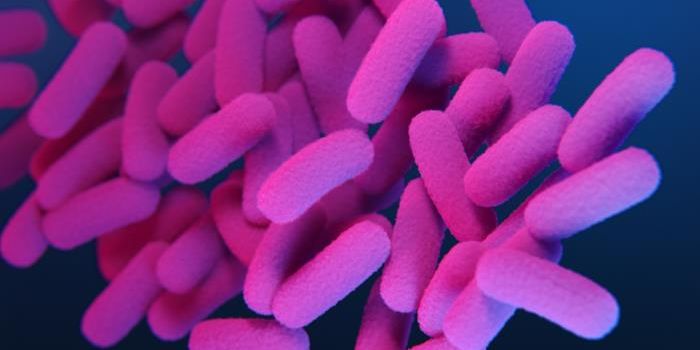Acne-Causing Skin Microbes are Also Beneficial
Our skin forms a crucial barrier that protects our bodies from the environment. It helps us maintain our body temperature, and it hosts a community of microorganisms that can affect our health. Skin microbes can harm our skin by causing oiliness and acne, but they also help maintain the skin. Cutibacterium acnes is one of the most common bacteria on human skin, and it's known for its involvement in the formation of acne. A new study has shown that C. acnes promotes the production of protective lipids in certain skin cells. The findings have been reported in Science Advances.
Lipids, including fats and oils, are crucial parts of the skin's outer layer. When those lipids are disrupted, it can interfere with the protective function of the skin, and may lead to diseases like eczema and psoriasis.
In this study, the contract researchers investigated the role of bacteria in lipid production in skin cells. They found that only C. acnes led to an increase in those lipids, and raised the levels of cholesterol, ceramides, and free fatty acids by three times. All of those lipids play important roles in the maintenance of the skin barrier by shielding it from damage and trapping moisture. Since C. acnes was able to increase the production of these molecules, the study suggested that the bacterium has a unique role controlling lipid levels on skin.
C. acnes was found to exert its lipid boosting effects by generating a short-chain fatty acid called propionic acid, which reduces pathogen growth by promoting an acidic skin environment.
The study also revealed the gene and receptor that control lipid production via C. acnes, which was halted whenever the gene or receptor was blocked.
While C. acnes is related to acne formation, this study has indicated that it also has a beneficial and important role for the skin. By increasing propionic acid levels, the risk posed by pathogens is reduced, and the skin does not lose as much water. Higher propionic acid levels may also contribute to lower levels of inflammation in the gut.
Interestingly, the skin lipids that C. acnes helps produce also have an antimicrobial effect that works against C. acnes. Thus, these lipids also seem to be helping to control the composition of the skin microbiome.
Learning more about C. acnes could help scientists learn more about how skin conditions develop, and how they can be treated.
Sources: The Conversation, Science Advances









